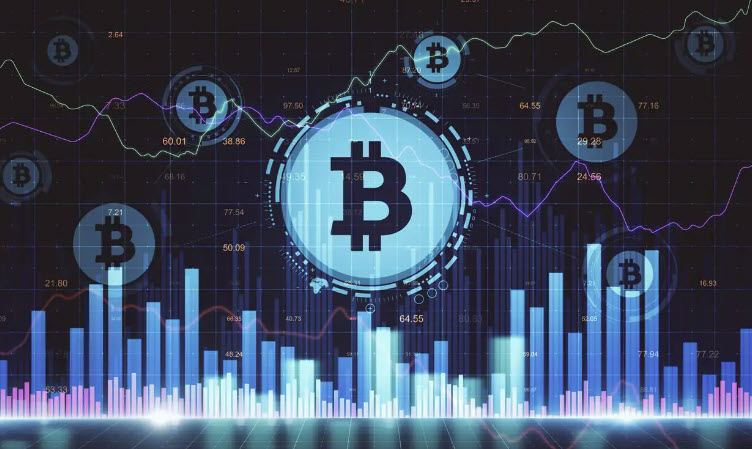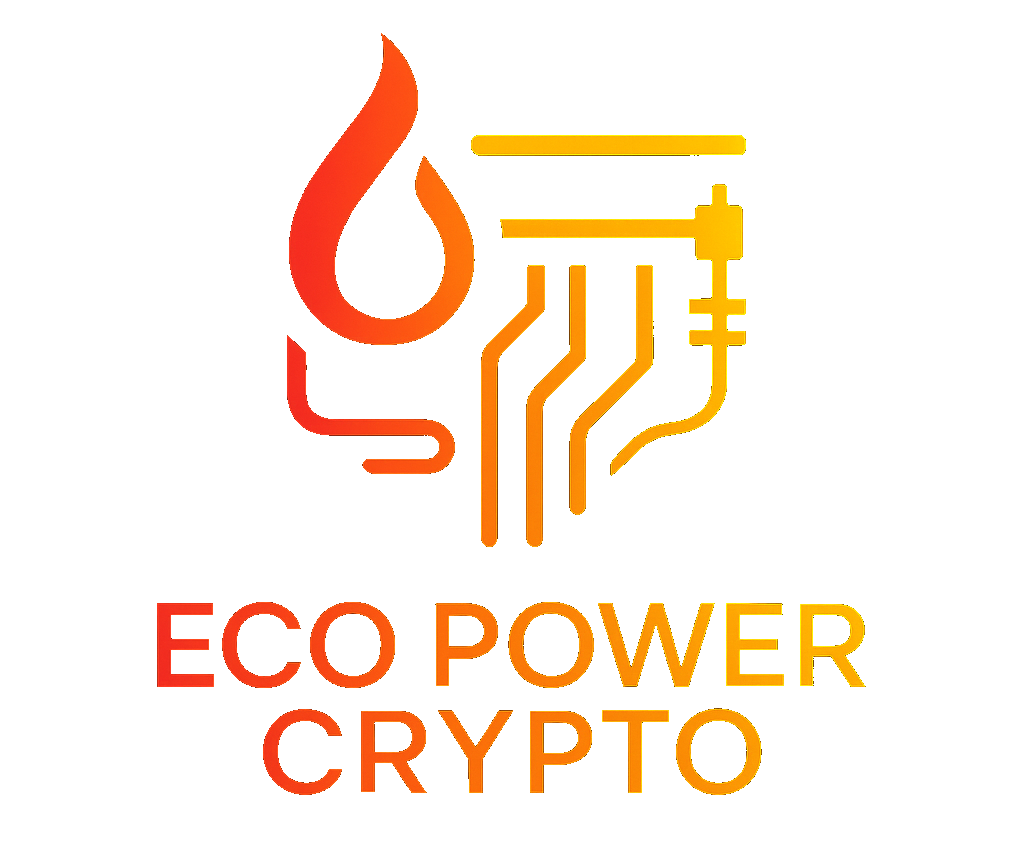Bitcoin Mining Industry Faces Challenges and Opportunities in 2024 Mid-Year Report

Tony Kim Jul 31, 2024
The 2024 mid-year report reveals the economic shifts, challenges, and opportunities in the Bitcoin mining industry, including the impact of AI and High-Performance Computing.
The first half of 2024 has proven to be a pivotal period for the Bitcoin (BTC) mining industry, marked by significant economic shifts and evolving market dynamics, according to Galaxy Digital’s mid-year report. The industry began the year robustly, but the subsequent 4th halving event led to a dramatic drop in hashprice, reaching all-time lows. Despite these fluctuations, large miners have remained resolute on their growth trajectories, spurring a flurry of mergers and acquisitions (M&A).
Economic Shifts and M&A Activity
Miners faced a rollercoaster of economic changes in the first half of the year. The hashprice, a preferred metric for measuring miners’ revenue, dropped significantly post-halving. This decline led to increased M&A activity as miners sought to consolidate and benefit from scale. Large-scale miners have been particularly active, raising $1.8 billion in equity capital in Q1 2024, the highest in three years. The report predicts that debt capital markets will reemerge in the second half of 2024 into 2025.
AI and High-Performance Computing Integration
The convergence of trends in Artificial Intelligence (AI) and High-Performance Computing (HPC) with Bitcoin mining presents miners with new opportunities. The demand for power capacity has surged, driven by the exponential growth in AI/HPC. Miners with access to large-scale power capacity are uniquely positioned to capitalize on these trends.
Current Mining Economics
The first half of 2024 saw miners enjoying favorable economics in Q1, with hashprice averaging $0.094/TH. However, the subsequent halving event caused transaction fees to surge briefly before stabilizing, leading to all-time low hashprices. As of early July, the difficulty had dropped 10% to 79.5 T (569 EH implied hashrate).
Transaction Fee Volatility
Bitcoin facilitated over 99 million transactions on-chain since January 1, 2024. The launch of Runes, a new UTXO-based fungible token protocol, significantly impacted transaction fees. On the halving day, daily fees paid to miners surged to an all-time high of over 1,200 BTC. Since then, Runes transactions have consistently occupied a significant portion of blockspace.
Forecasted Growth and Infrastructure
Public miners are expected to ramp up hashrate significantly in the second half of the year. Collectively, they are projected to energize 109 EH of incremental hashrate, representing approximately 18% network hashrate growth from just seven miners. The report revises its year-end hashrate target upwards to between 725 EH and 775 EH.
Conclusion
The first half of 2024 has been a defining period for the Bitcoin mining industry, marked by significant economic challenges and groundbreaking developments. The convergence of AI/HPC with Bitcoin mining signifies a transformative endeavor for many companies. Access to power remains a bottleneck, and miners with large-scale power capacity are in strong positions to capitalize on this trend.
For more details, visit the Galaxy Digital website.
